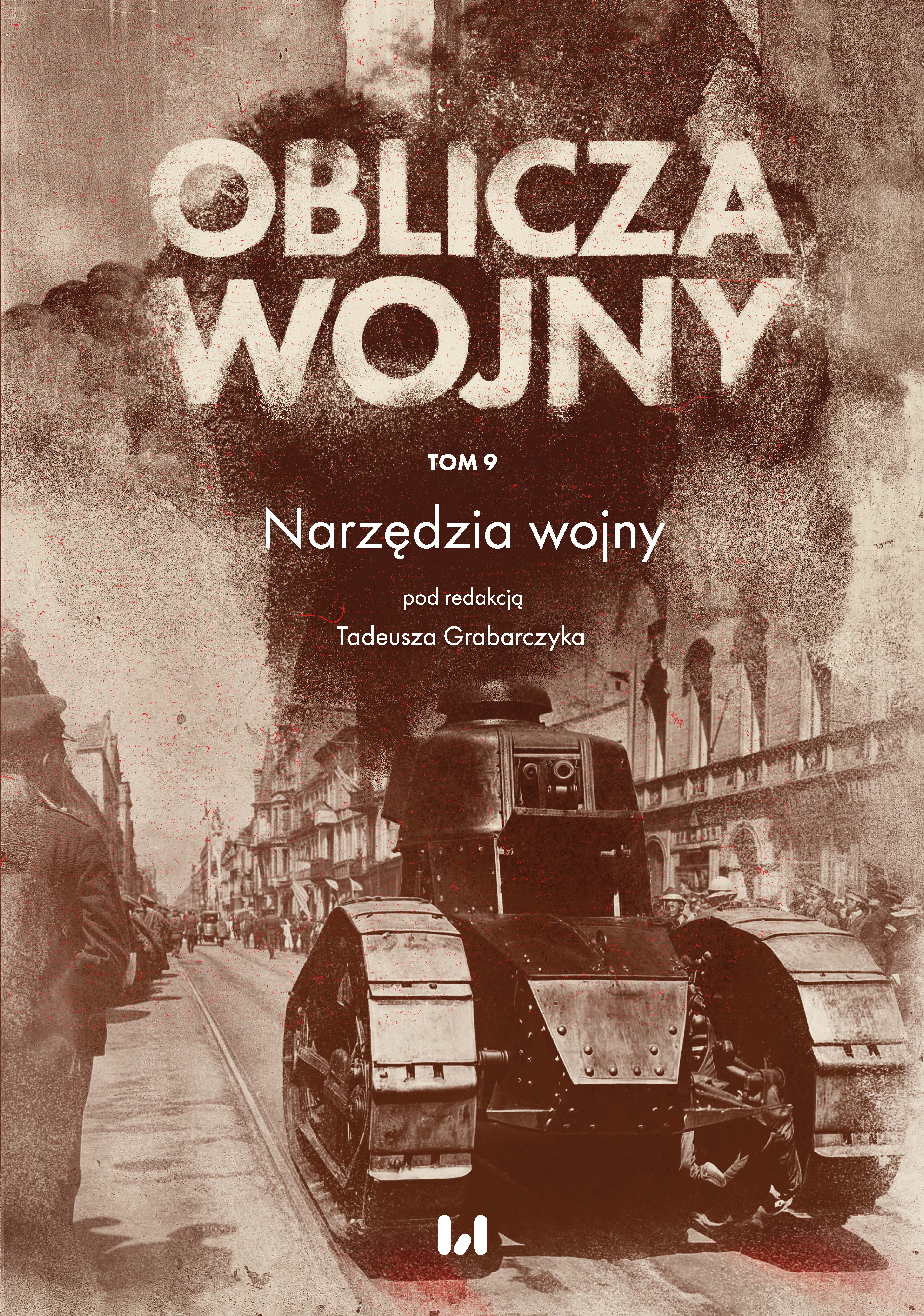Nienawiść bez granic. Antyniemieckie nastroje w Królestwie Polskim przed 1914 r. a rosyjska propaganda wojenna w dobie Wielkiej Wojny w świetle raportów dyplomatycznych
Hatred Without Borders. Anti-German Sentiments in the Kingdom of Poland before 1914 and Russian War Propaganda during the Great War in Light of Diplomatic Reports
Author(s): Piotr Szlanta
Subject(s): History, Military history, Political history, Pre-WW I & WW I (1900 -1919)
Published by: Wydawnictwo Uniwersytetu Łódzkiego
Keywords: First World War; war propaganda; national stereotypes; iconography; Russian-Poland; Germanisation
Summary/Abstract: Anti-German war propaganda in the Russian part of partitioned Poland was based on the very strong anti-German resentments prevailing among the Polish subjects of the Tsar Nicolai II long before 1914. Among other things, man accused the Germans of being responsible for the outbreak of war and committing war crimes against civilians for example in Kalisz. Such social attitudes were mostly a reaction to the Germanization policy consistently practiced in the Prussian part of partition Poland in the decades preceding the outbreak of the Great War. Resentment or even hostility toward Germany intensified during the revolutions of 1905–907, when Polish public opinion accused the Germans of blocking the Tsar's restoration of the autonomy of the Kingdom of Poland and readiness to intervene militarily to obstruct that. Resentment against the Germans was cumulative in the person of Kaiser Wilhelm II, who bore personal responsibility for the policy of denationalization of his Polish subjects. This made itself known, among other things, during the jubilee of the 25th anniversary of the reign of the German monarch in June 1913. Anti-German sentiment in Polish society was also fueled by the strongest Polish political grouping, namely National Democracy. The Russian authorities often tolerated anti-German sentiment among Poles, which was intended to divert attention of Poles from the policy of Russification practiced in the Russian part of partitioned Poland and allowed the channeling of Polish discontent in a relatively safe way for the authorities.
Book: Oblicza Wojny, t. 9, Narzędzia wojny
- Page Range: 67-85
- Page Count: 19
- Publication Year: 2023
- Language: Polish
- Content File-PDF

